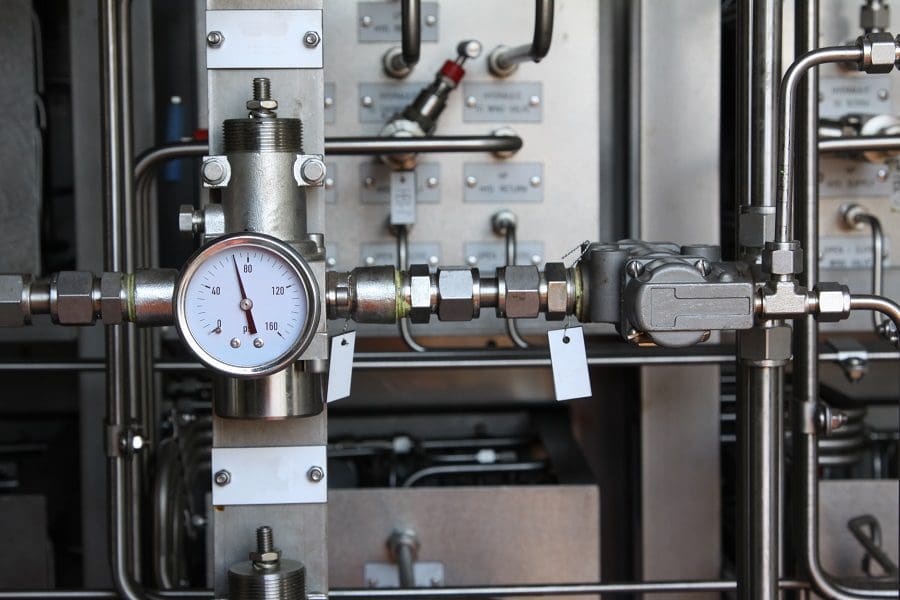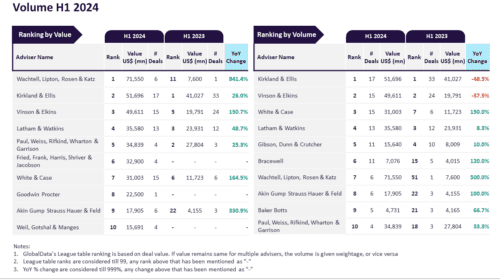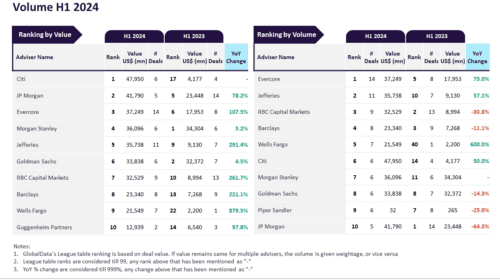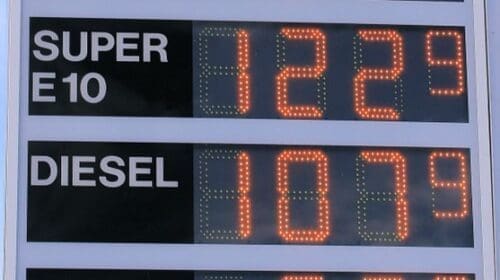The oil and gas processing industry deals with one of the oldest and most hazardous materials used in society today. Oil and gas are basically derived from fossils that have decomposed over millions of years. By the very nature of the materials they’re handling, the oil and gas processing industry often operates in a hazardous environment. They need to maintain their machines and measurement equipment in tiptop shape to achieve an effective production rate.
The quality of their products is usually the result of precise measurements in the handling and processing stages. They thus have to maintain the accuracy of their measurement instruments as one of the keys to attaining effective production practices and levels. If you want to know more about precision measurement, you might want to check out Eleymet.com and other similar sites.
Here’s a bit of discussion on the importance of using precision measurement equipment in the oil and gas processing industry.
- Precision Measurement Thru Calibration
The standard technique to maintain the precision of measurements of instruments and equipment is by subjecting them to periodic calibration procedures. Calibration is done by taking sample measurements from the device under test (DUT) or the equipment being tested through a sequence of samples. These measurements are then compared against a set of universally accepted reference standards.
Precision measurement is extremely important for oil and gas operators. They can maintain their equipment precision through regular calibrations. This helps ensure that oil and gas processing companies only use equipment that has been tested to maintain the highest degree of accuracy in their measurement solutions and capabilities. It also helps reduce errors during the taking of measurements.
- Safety First
One of the most important reasons why precision and accuracy of measurements are highly critical in oil and gas processing is that it could affect the safety of workers. Employees who handle and use equipment could be endangered if the equipment yields imprecise measurements. Workers might incorrectly rely on the erroneous numbers and measurements of plant equipment that haven’t been calibrated.
One example where precision measurement is highly important in the oil and gas processing sector can be gleaned from the process of gas flaring. Oil and gas companies use this process to burn off any flammable gas. This often happens when the pressure relief valves are released. This is also sometimes done during unscheduled overpressuring of plant equipment. Gas flaring also happens every time the plant equipment is stated off or shut down.
Burning or flaring excess natural gas is critical to oil and gas processing companies. If they don’t do this, excess gas will escape from the valve. The escaping gases can potentially result in a build-up of pressure as well. This could cause an explosion in the oil and gas processing plant.
If the flare gas meters aren’t properly calibrated, the precision and accuracy of their measurements could mislead workers. This could have a domino effect on the risk of explosion and could even cause extensive damage due to the build-up of pressure.
- Lost Revenues And Profits
Imprecise measurements can result in loss of revenues or unrealized profits. This is another reason why precise measurement equipment is important in oil and gas processing. For one, imprecise or inaccurate measurement equipment will affect the production process as well as the loading and delivery of oil products. The amount and quality of fuel being loaded might not be the same as the commitment to the customer or client. These seemingly small discrepancies could result in volumes of errors if the inaccuracy problems aren’t addressed.
Imprecise or inaccurate measurement equipment can also result in more serious consequences. The production of oil and gas processed products might not work at their optimal levels because of measurement discrepancies. This could happen when the volumes of additives or other elements mixed into the oil and gas are messed up because of inaccurate measurement equipment.
When an oil and gas processing plant doesn’t conduct regular and periodic calibration of its measurement equipment, this could lead to more expensive consequences. For example, if a plant or processing machine isn’t given a regular maintenance or calibration check, it might bog down in the middle of production. This could be more expensive than having periodic regular calibration.
Industry analysts would say that an unscheduled plant shut down could cost an oil and gas processing company so much more than if they just spent on periodic and regular maintenance inspection and calibration sessions. A full mechanical shutdown could go on for days and weeks. This is one of the most expensive consequences of equipment failure. In fact, there were companies that lost up to as much as USD$40 million due to unscheduled maintenance calibration.
- Examples Of Common Pitfalls
Maintaining precision measurement of equipment for the oil and gas processing industry is crucial because they need to comply with very strict specifications and regulatory requirements. The most suitable way to maintain the accuracy and precision of equipment is to have them undergo periodic and regular calibration. When equipment is not calibrated, it will yield erroneous measurement results.
Here are some of the common pitfalls when they don’t use calibrated precision equipment:
- Measuring pH Values At Different Temperatures – Precision measurement is important in measuring pH values at varying temperatures. The reason for this is that pH values often deviate from the laboratory measurement results. If the instruments aren’t calibrated, it won’t be able to detect these deviations.
- Calibrating Only Flowmeters – Another common pitfall is that some only have their flowmeters calibrated to measure the flow. But this can be misleading if they don’t have their pressure and temperature measurement equipment calibrated too. These two other factors can significantly distort the accuracy of the flow measurement values.
It would be better to have your precision measurement equipment calibrated regularly. This will ensure that you always get your measurements right. Infrequent calibrations can lead to inaccurate measurements and this, in turn, can result in miscalculations. Miscalculations can have disastrous consequences such as equipment failure and in some extreme cases, even total plant shutdown.
Conclusion
Precision measurement is a critical requirement in the production planning and plant operations activities of a typical oil and gas processing plant. Measurement has a direct correlation with the quality and consistency of production output. To achieve this, an oil and gas processing plant has to maintain the level of accuracy and precision of their measurement instruments. Hence, these instruments have to be subjected to regular periodic calibrations.
Oil and gas operations are commonly found in remote locations far from company headquarters. Now, it's possible to monitor pump operations, collate and analyze seismic data, and track employees around the world from almost anywhere. Whether employees are in the office or in the field, the internet and related applications enable a greater multidirectional flow of information – and control – than ever before.











